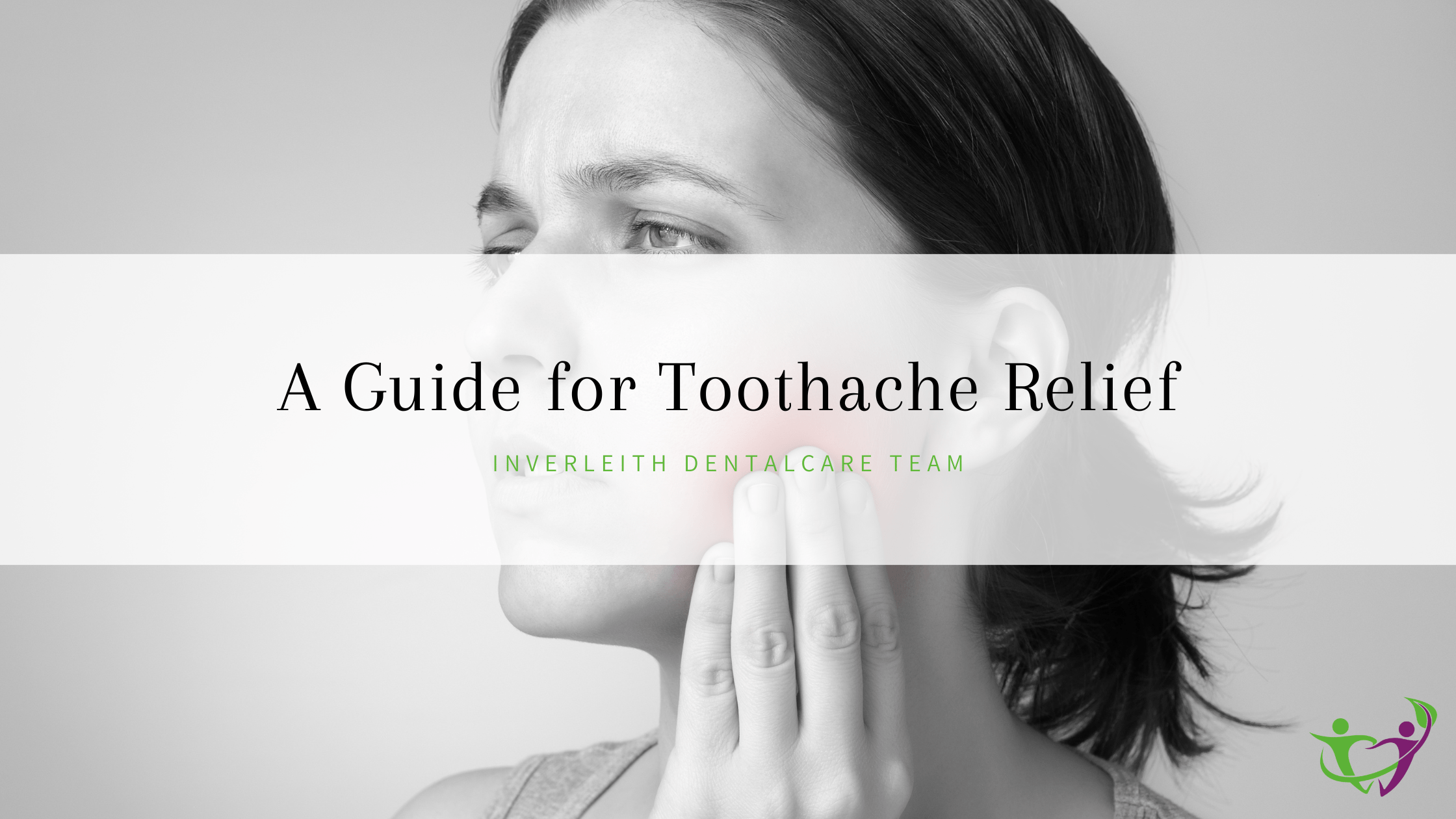Wondering what to do to alleviate your tooth pain?
We understand that a toothache can be pretty uncomfortable to deal with. Toothaches can make it challenging to carry out even the simplest tasks, whether a slight, dull ache or a sharp, throbbing pain. It can be challenging to focus on anything when you’re in pain, especially when it’s in your mouth, where it can affect your ability to eat, talk, and sleep.
This blog will provide you with a guide to help you deal with a toothache. We’ll cover everything from the causes of toothaches to the different types of tooth pain. We’ll also discuss the various treatment options, including home remedies and over-the-counter medications. Additionally, we’ll provide tips on how to prevent toothaches from occurring in the first place.
Here’s how you can treat your toothache at home:
- Try a warm saltwater rinse: To create your saltwater mix, you need to stir a teaspoon of salt in a cup of warm water. Then, swish the liquid in your mouth for 30 seconds before spitting. The warm saltwater solution can reduce inflammation and improve blood flow. This, in turn, can help to alleviate the throbbing pain associated with toothaches.
- Apply a cold compress: Wrap a bag of ice or a cold pack in a cloth, apply it to the affected area outside your cheek, and wait for 10 minutes. Remember to take a 5-minute break to avoid frostbite and repeat the cycle as needed.
- Over-the-counter Pain Relief: Non-prescription painkillers like ibuprofen or paracetamol can temporarily relieve toothache pain. However, following the recommended dosage instructions and avoiding placing the medication directly on the affected tooth is essential. While ibuprofen is an effective anti-inflammatory, it can be harsh on the stomach lining, so it is advised to have some food or drink a glass of milk before taking it.
- Over-the-counter Gels: If you’re experiencing toothache pain, you may find relief with over-the-counter oral gels or benzocaine creams. These products work by temporarily numbing the affected area. To use them, carefully follow the directions on the packaging to ensure proper application.
- Avoid triggering foods: Certain foods and beverages, especially those that are hot, cold, sweet, or acidic, can worsen toothache pain. Maintaining a soft diet and avoiding extreme temperatures can reduce discomfort.
- Floss Gently: Aching teeth can indicate debris lodged between your teeth and gums. It’s important to be gentle when flossing to remove any trapped particles, ensuring they do not cause further discomfort or damage to your gums. Taking care of your teeth this way can help alleviate your toothache and prevent other problems from developing.
When should I visit my dentist?
Although home remedies may provide a temporary respite, scheduling an appointment with your dentist as soon as possible is imperative. It is important to note that toothaches or pain usually signify an underlying dental disorder or disease, like gum disease, that requires immediate professional attention. Seeking timely treatment can prevent the condition from worsening and save you from further discomfort and expenses.
Why is my pain not going away?
Ignoring dental pain in the hope that it will improve or subside on its own can lead to unmanageable discomfort that may require professional help. It is essential to understand that emergency dentistry is temporary and does not provide the comprehensive care necessary for long-term dental health. Seeking prompt and proper dental care is crucial to alleviate pain and prevent further complications.
When In an Emergency
A severe toothache accompanied by swelling, fever, or difficulty breathing may indicate a severe dental infection requiring immediate emergency dental care. Contact your dental practice immediately to be seen by your dentist.
Find a Long-Term Solution
It’s not uncommon for people to seek a quick solution to alleviate their pain. They may think that taking antibiotics is an easy way out. Antibiotics are effective in controlling the spread of infections and reducing fever.
However, they cannot replace proper dental care and taking care of your oral health. Antibiotics cannot eliminate all the bacteria, so the infection can become even more potent if the underlying problem is not resolved correctly. It’s essential to seek the appropriate dental treatment rather than relying solely on pain relievers for toothache.
Listen to Your Body
When a toothache strikes, it can be an incredibly uncomfortable and stressful experience. Your body is trying to communicate that something is wrong, and paying attention to those signals is crucial. While simple home remedies may provide temporary relief, it’s essential to address the root of the problem.
If In Doubt, Give Us a Call
Call your dentist or book an emergency appointment as soon as possible to identify and treat the underlying cause of the pain. Our dental team can help you find long-term relief and return to your daily activities without discomfort.


